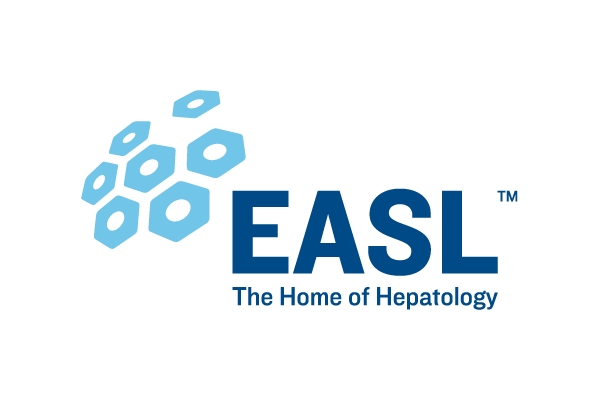Caring for People with Liver Disease During COVID-19
Specific care needed during COVID-19

Position Paper on caring for liver disease patients during COVID-19
The European Association for the Study of the Liver (EASL) and the European Society of Clinical Microbiology and Infectious Diseases (ESCMID) have issued a Position Paper, providing recommendations for clinicians caring for people with liver diseases during the current pandemic.
“While the threat COVID-19 poses to our populations is clear, it remains vital to maintain appropriate care for patients with chronic liver disease. Clinicians will need to identify ways to prioritise their care even when healthcare resources are limited. EASL has therefore published this joint Position Paper to help support clinicians facing these difficult challenges,” said Prof. Phil Newsome, Secretary General of the European Association for the Study of Liver Disease (EASL) and Director of the Centre for Liver and Gastrointestinal Research & Professor of Hepatology at the University of Birmingham, UK.
EASL is a highly respected professional body for liver doctors and researchers in Europe. The paper is intended for healthcare professionals to help them when caring for people with liver disease during the COVID-19 pandemic.
Looking after liver disease patients with limited resources
As resources in hospitals will be limited while hospitals understandably focus on helping COVID-19 patients, the paper provides welcome expert recommendations on the safety and risks associated with deferring certain routine tests and procedures, and when they should be carried out.
The routine care that people with PSC and other liver diseases will receive in the coming months will very much depend on the COVID-19 burden at your own hospital, and your doctor will be faced with the challenge of minimising your exposure to COVID-19 and providing your basic, routine care.
The paper recommends the use of telemedicine where possible. Many of you have already contacted us to express concerns about visiting hospitals right now and confirm how reassuring telephone appointments have been.
Autoimmune liver disease
Regarding healthcare, the paper specifically mentions autoimmune liver disease, advising that immunosuppressive therapy should not be reduced except under special circumstances:
"In patients with autoimmune liver disease, we currently advise against reducing immunosuppressive therapy. Reductions should only be considered under special circumstances (e.g. medication-induced lymphopenia, or bacterial/fungal superinfection in case of severe COVID-19) after consultation of a specialist."
Liver transplantation
The paper also talks about liver transplants during COVID-19, advising that transplant assessment should be restricted to only the most necessary cases for now, with the intention of balancing COVID-19 infection risk and life-saving liver transplant.
Potential therapies for COVID-19
The paper reviews possible therapies for COVID-19 and how they may affect someone with liver disease. This is important information for doctors if you do become infected with COVID-19, as doctors may hope to treat you with antiviral therapy, some of which are promising COVID-19 therapies.
EASL
As mentioned above, EASL is highly respected and so this paper will be read widely by clinicians caring for liver disease patients with and without COVID-19.
See also
Caring for People with Liver Disease During COVID-19
Patients with advanced liver disease and transplant recipients require specific care during COVID-19

